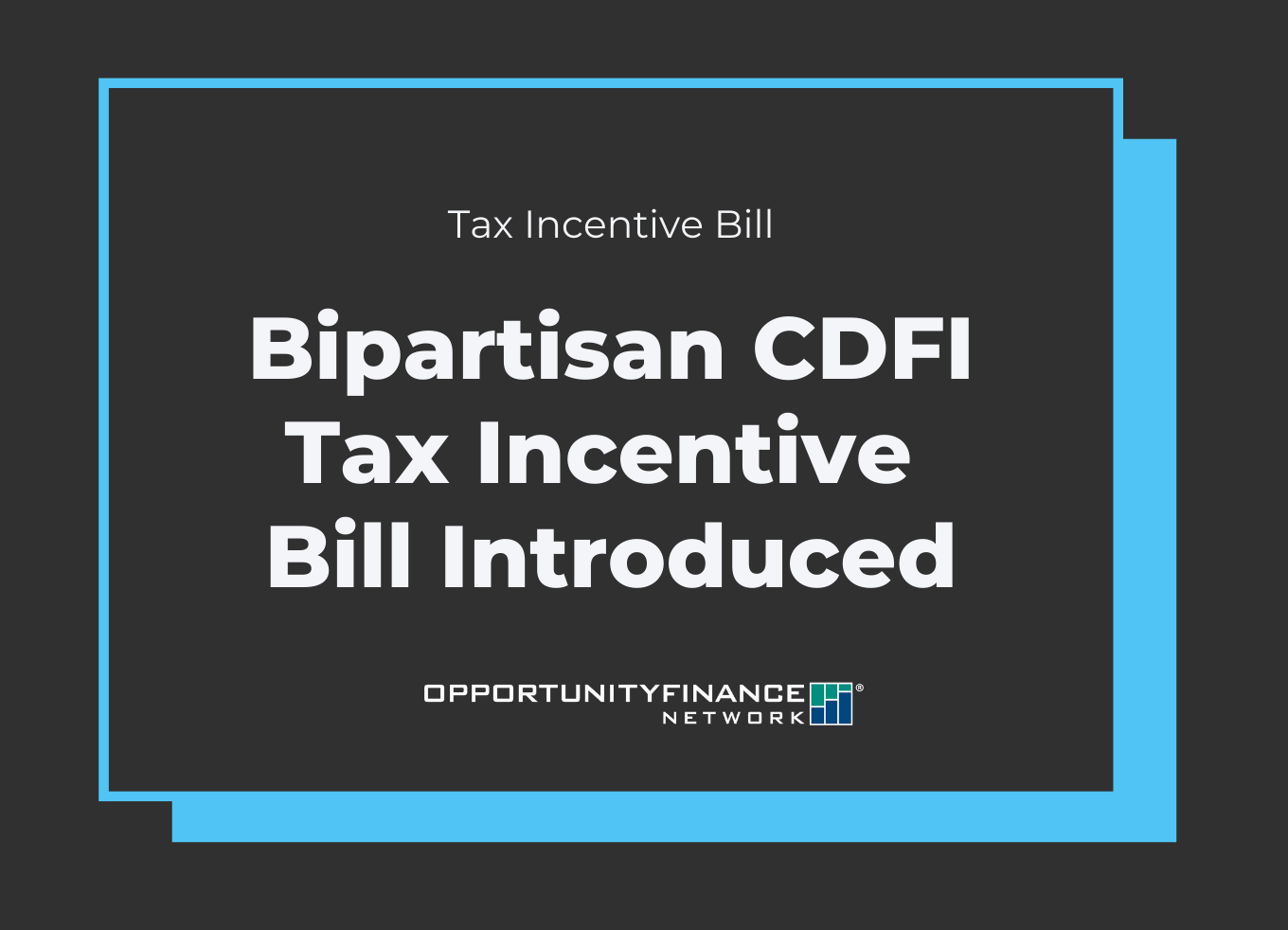
Bipartisan CDFI Tax Incentive Bill Introduced
Mary Scott Balys
Senators Mark Warner (D-VA) and Roger Wicker (R-MS) have introduced the Community Development Investment Tax Credit Act of 2022 (S.4418). This bill would create a new CDFI Tax Credit to encourage more private, equity, equity equivalent, or long-term investments into CDFIs. The bill is also co-sponsored by Senators Chris Van Hollen (D-MD) and Cindy Hyde-Smith (R-MS).
Features of the bill include:
- 3% credit for the first 10 years of a qualified investment in a CDFI.
- Tax credit would be available for investors who make a qualified investment into a CDFI and qualified investments would include equity investments, loans with a minimum term of 10 years, and equity equivalent investments for CDFI loan funds. A 1% increase in the tax credit would be available for investors making equity or equity equivalent investments.
- Tax credit would be available to investors investing in all types of CDFIs, including loan funds, banks, credit unions, and venture funds, to provide the institutions with the maximum flexibility and financial support they need to increase wealth in low and moderate-income communities.
- Tax credit would be capped at $1 billion for 2022, $1.5 billion for 2023, and $2 billion for 2024, and each year thereafter adjusted for inflation.
- Tax credit would be subject to an allocation process through the CDFI Fund. Once a CDFI receives an allocation they would have five years to use it.
OFN has endorsed the legislation and is joined by several other organizations including Community Development Bankers Association, National Association of Affordable Housing Lenders, Community Development Venture Capital Alliance, LISC, CDFI Coalition, Inclusiv, and the Enterprise Community Loan Fund, among others.
For more information, contact Mary Scott Balys, vice president of public policy at OFN.
